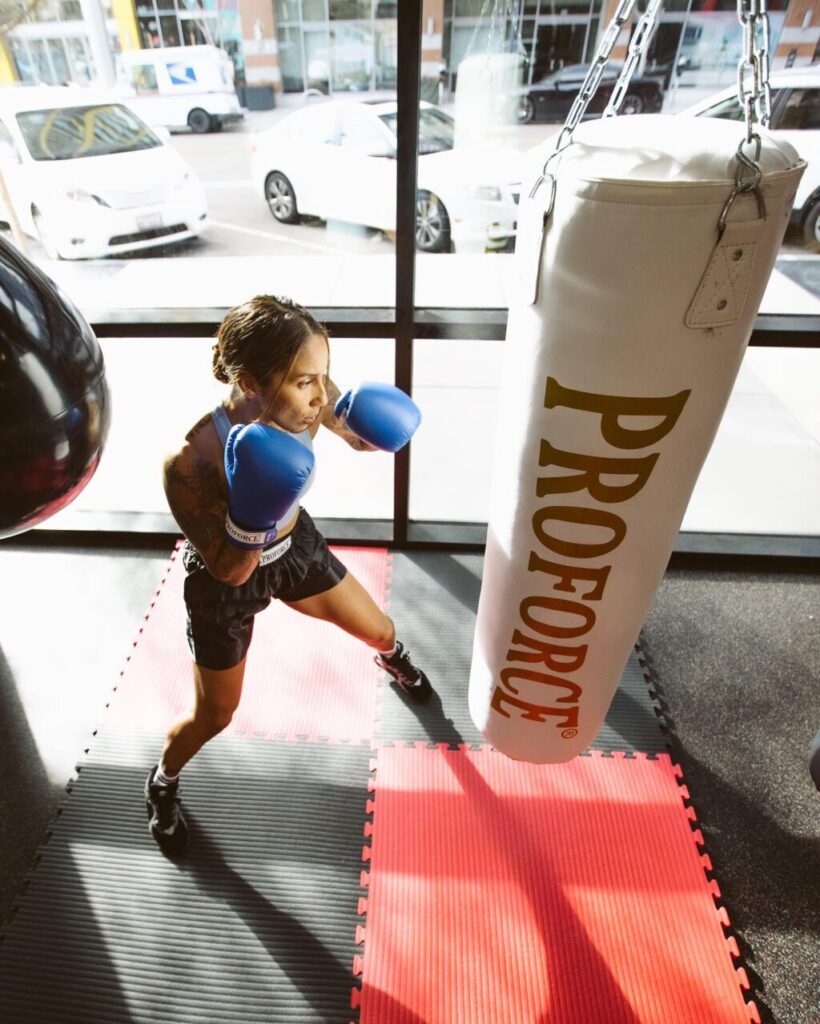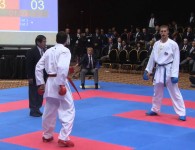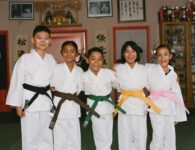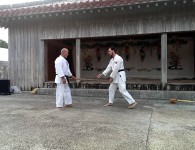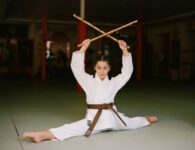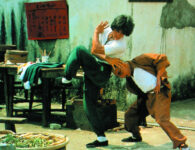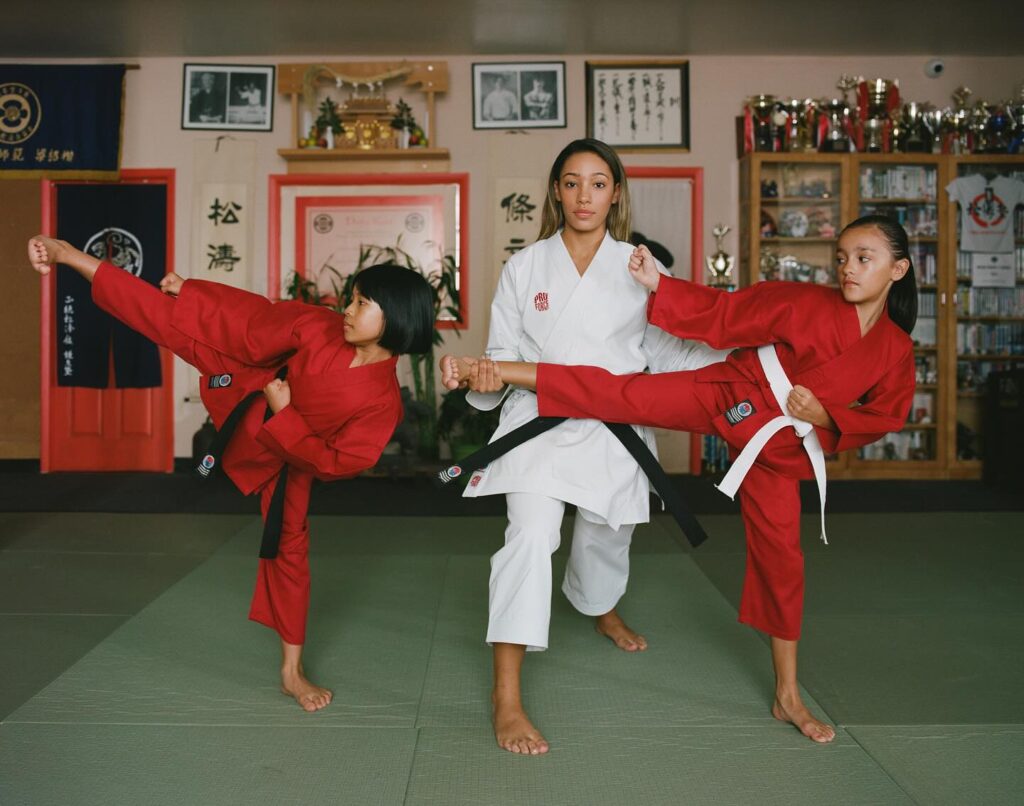
The benefits of martial arts training go far beyond the dojo. Participating in a martial art oo combat sport can have a positive impact on almost every aspect of your life from the personal to the professional. It also has the potential to improve your educational experience.
To get into the spirit of the back to school season, let’s take a closer look at that last point.
Here are six ways that martial arts training can improve your academic performance.
Focus
Physical activity and mindfulness practices both have the ability to improve a person’s ability to focus. Martial arts training provides both of these brain-boosting pursuits in one fun and enriching package. Technique training encourages you to concentrate on every detail so that your brain and body can replicate the moves. Sparring challenges you to pay attention to everything that’s happening around you while you try to execute what you’ve learned. Meditation and visualization techniques teach you to stay calm and apply your mind and body to the task at hand. When you put all of those aspects together, you’ve got a powerful training system for your mind and body.
And all of that time and effort you put in on the mats or in the ring can also help you attack your studies with more calmness, patience, clarity, and a longer attention span.

Self-Discipline
Whether you’re enjoying the most casual Tai Chi drop-in class or training to become a professional MMA fighter, taking part in martial arts requires you to keep yourself in line. You need to stick to a schedule, pay attention to lesson plans, ask for assistance when you need it, and regulate your emotions. You will also need to treat your instructors, classmates, martial art, and yourself with respect. These are all skills that students at every level from pre-K to post-doctorate studies need, too.
While all students can benefit from the kind of self-discipline that martial arts cultivates, training can be especially helpful for someone who is having issues with their studies. Or someone who simply doesn’t like school. It’s easier to learn how to conduct yourself in public and apply yourself to your tasks when you’re having fun in a supportive environment than it is to try to work on yourself in an area where you’re already struggling.
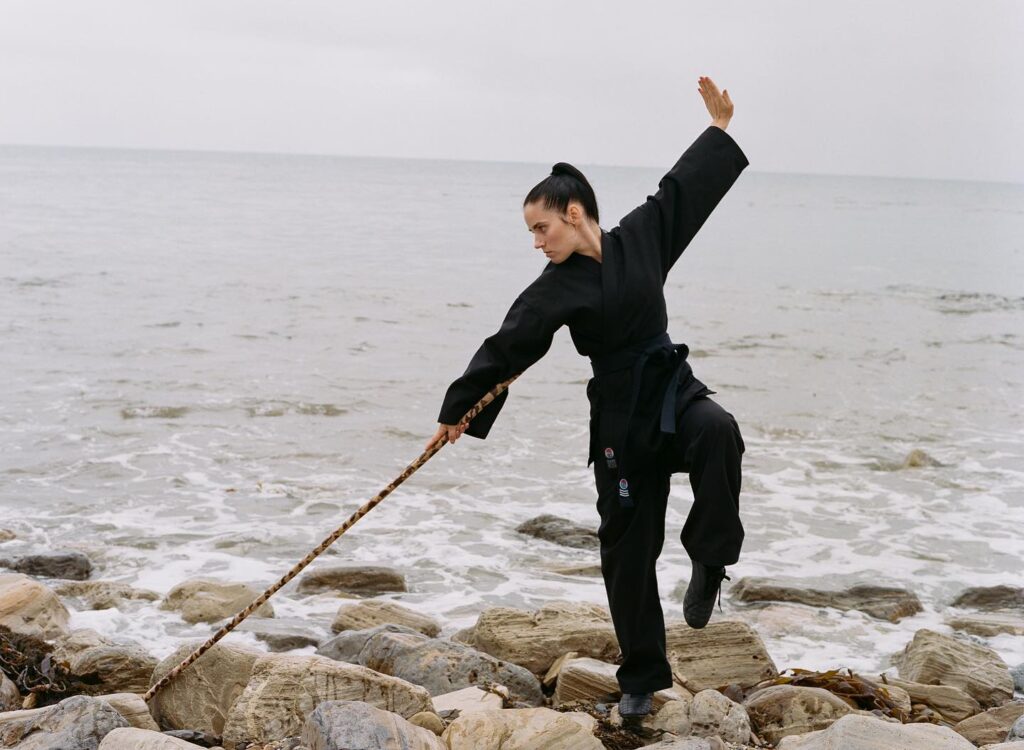
Problem Solving
Learning martial arts techniques involves paying attention to instructions, processing verbal and visual cues, and learning how to apply what you’re seeing and hearing to your own body. Sparring requires paying attention to your surroundings and figuring out how and when to apply those techniques against an opponent who is trying to do the same to you. Usually under some level of pressure.
These problem solving skills will also come in handy when you’re learning theory, working on assignments, participating in class, and taking exams.

Teamwork
Even though you might spend part of your time learning to kick, punch, take down, and submit each other, martial arts and combat sports teach you how to play well with others. Classes, tournament training, and competition all provide you with valuable opportunities to work with other people to achieve common goals. Sparring and competition also give you a chance to see how you can work against an opponent to make each other better.
Once you’ve forged your collaborative skills in battle, participating in group work elsewhere becomes a little less daunting. Everything you’ve learned about how to engage with others for a common goal will help you bring out the best in others and yourself in school.
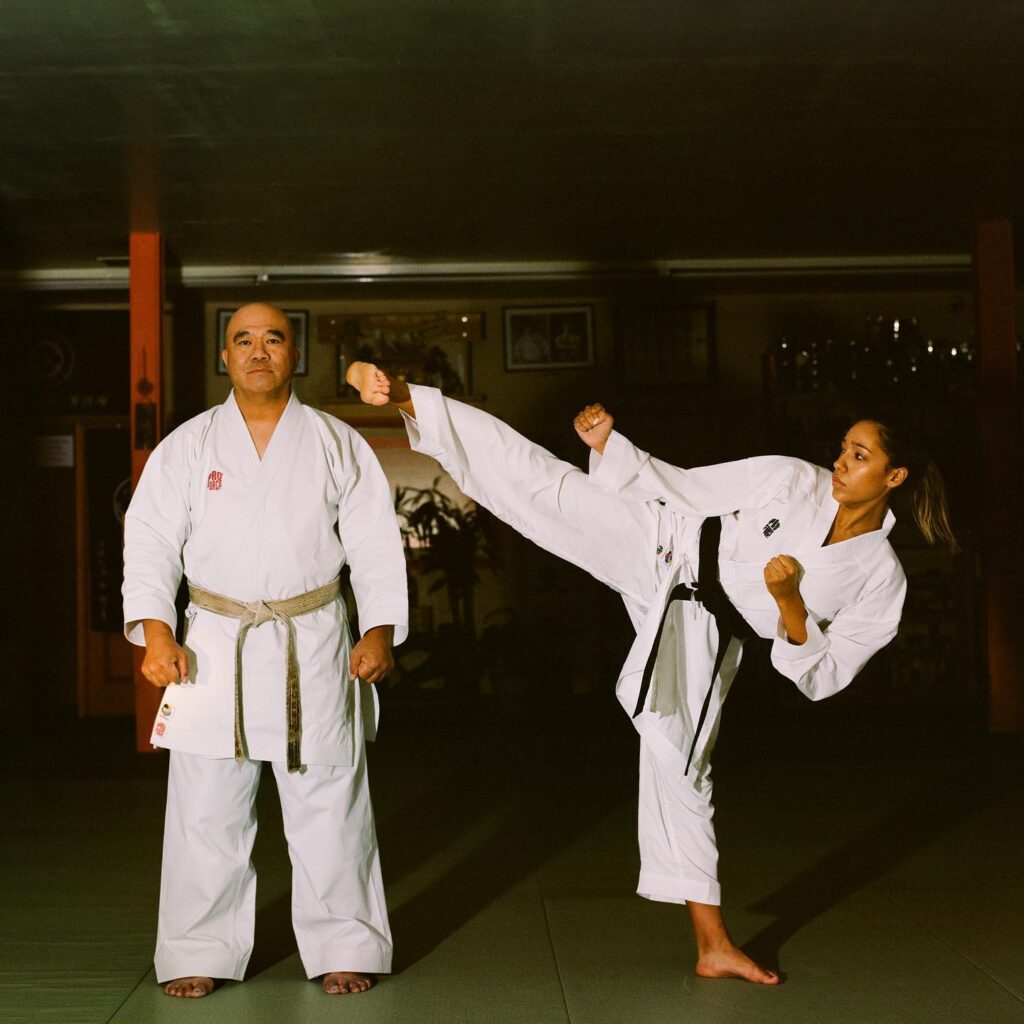
Self-Confidence
Once you’ve improved your focus, self-discipline, and problem solving skills and learned how to work well with others, you will start to feel more sure of yourself. Not just in martial arts, but every walk of life.
Perhaps more importantly, though, martial arts training also teaches you to believe in yourself — and gives you concrete proof that you’re worth believing in. Whether you’re training for a competition, or taking lessons for fun, participating in martial arts involves looking at a challenge, breaking down the steps required to tackle it, methodically following through on each step with the support of your instructors and peers, and doing your best to meet that challenge. And if you don’t get it right the first time, that’s okay, too, because failure is an integral part of the process.
And once you’ve learned that you’re capable and tenacious — and that even your setbacks have value — you’ll have a strong sense of confidence that will support you through all of your academic efforts, too.
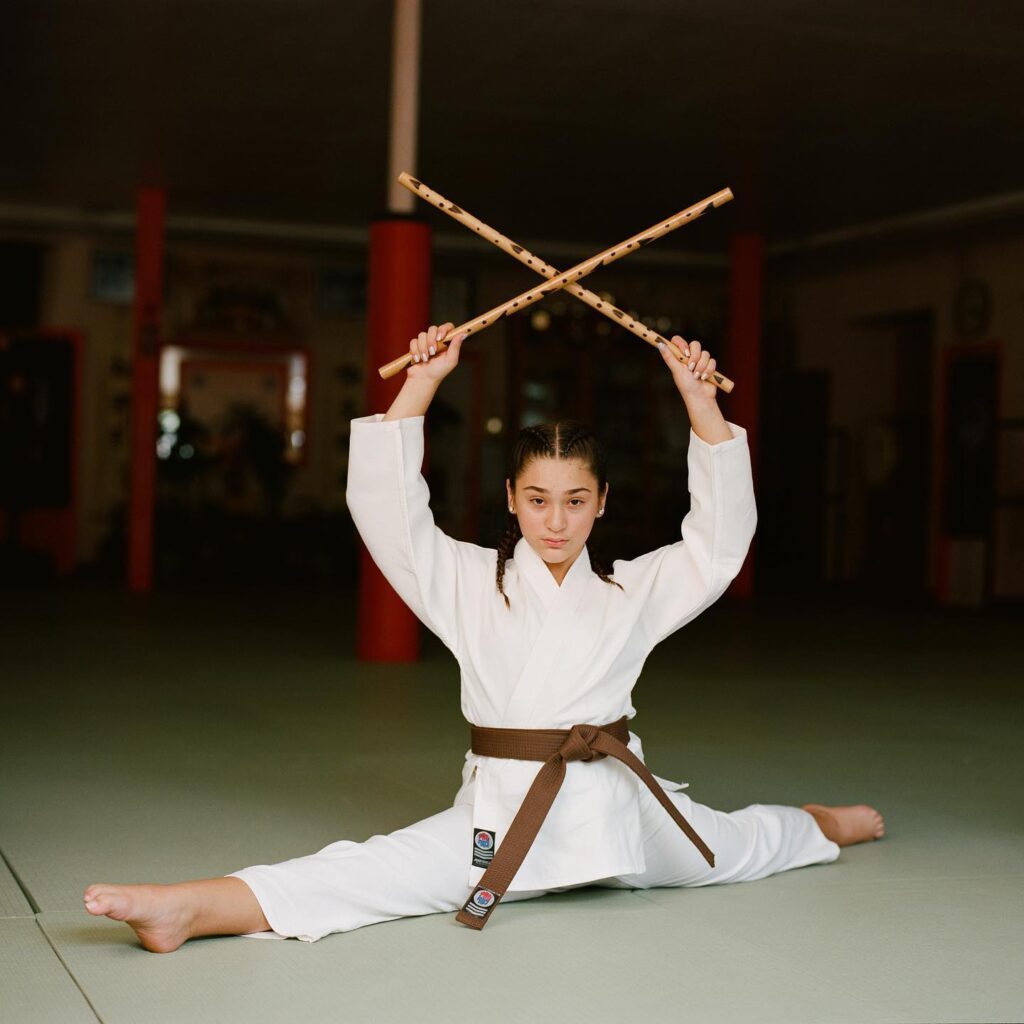
Stress Relief
If you’re getting anxious about your schooling, martial arts training can take the edge off. Even if you don’t have time for a full class, some warm-up drills on a set of jigsaw mats, Karate Kata practice, or a few rounds with a heavy bag can get your heart rate up, release those endorphins, and provide you with a fun distraction from whatever is stressing you out.
